Introduction to Blockchain Currency
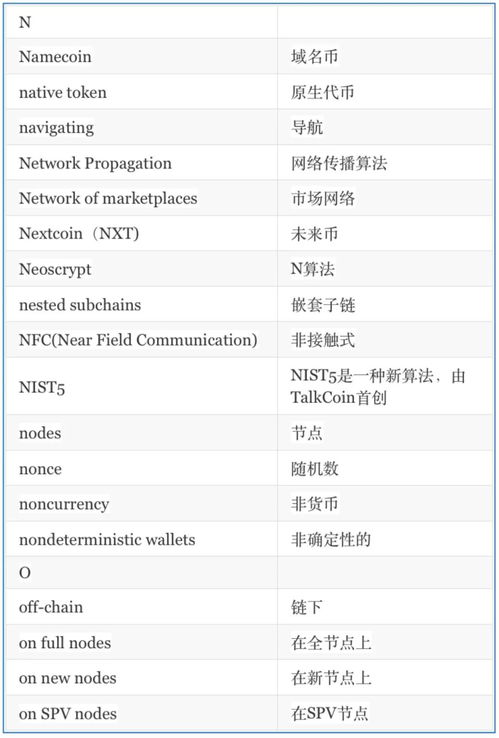
Blockchain technology has revolutionized the financial industry by introducing a new form of digital currency known as blockchain currency. This article aims to provide an overview of blockchain currency, its features, benefits, and the impact it has on the global financial landscape.
What is Blockchain Currency?
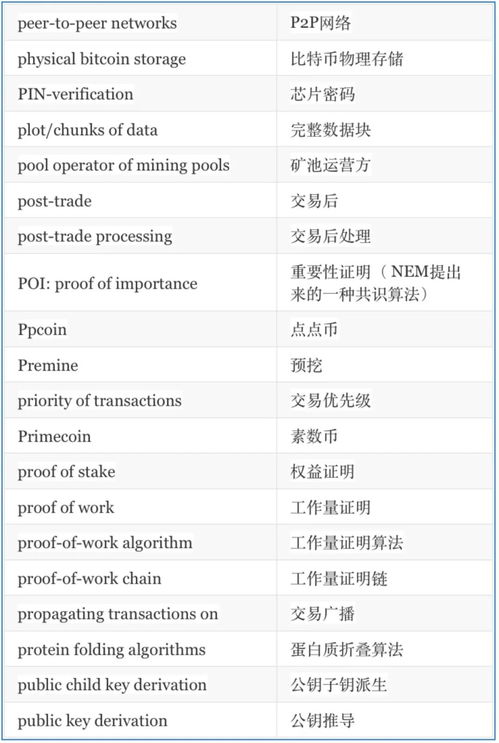
Blockchain currency, often referred to as cryptocurrency, is a digital or virtual currency that uses cryptography to secure transactions and control the creation of new units. Unlike traditional fiat currencies, blockchain currencies operate independently of any central authority, such as a government or financial institution. The most well-known blockchain currency is Bitcoin, which was created in 2009 by an anonymous person or group known as Satoshi Nakamoto.
How Does Blockchain Currency Work?
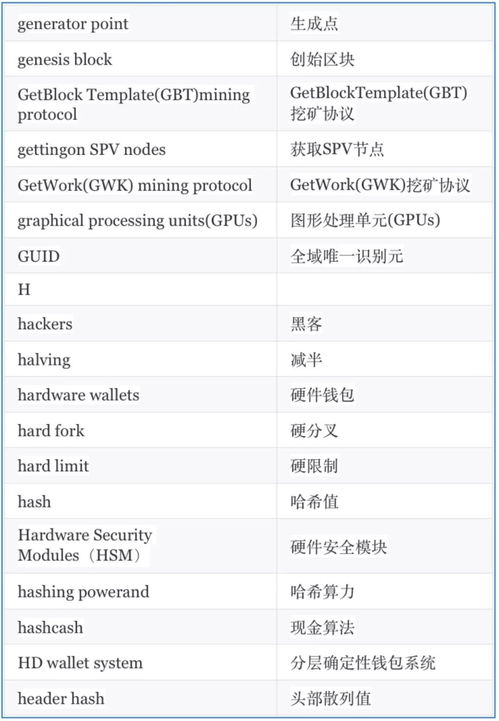
Blockchain currency operates on a decentralized network of computers, known as nodes, that communicate with each other to validate and record transactions. Each transaction is grouped into a block, which is then added to a chain of previous blocks, forming a blockchain. This chain of blocks is maintained by the network of nodes, and once a block is added, it cannot be altered or deleted, ensuring the integrity of the transaction history.
Key Features of Blockchain Currency
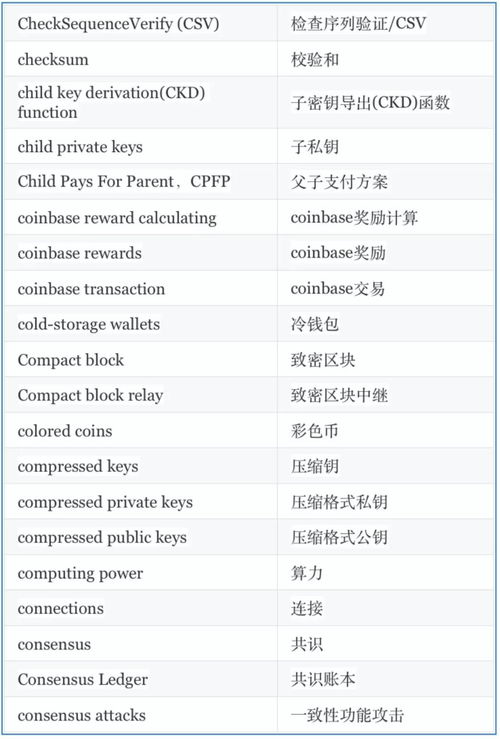
There are several key features that make blockchain currency unique:
Decentralization: Blockchain currency operates without a central authority, reducing the risk of manipulation and inflation.
Transparency: All transactions are recorded on a public ledger, making it easy to track and verify the history of transactions.
Security: Cryptographic algorithms ensure that transactions are secure and protected from fraud.
Immutability: Once a transaction is recorded on the blockchain, it cannot be altered, providing a permanent record of transactions.
Privacy: Blockchain currency can offer a level of privacy, as transactions can be made without revealing personal information.
Benefits of Blockchain Currency

The adoption of blockchain currency offers several benefits:
Lower Transaction Costs: Blockchain currency can significantly reduce transaction costs, especially for international transfers.
Accessibility: Blockchain currency can provide financial services to unbanked or underbanked populations, offering a more inclusive financial system.
Speed: Transactions can be processed quickly, often in a matter of minutes, compared to traditional banking systems.
Security: The use of cryptography ensures that transactions are secure and protected from hacking and fraud.
The Impact of Blockchain Currency on the Financial Industry
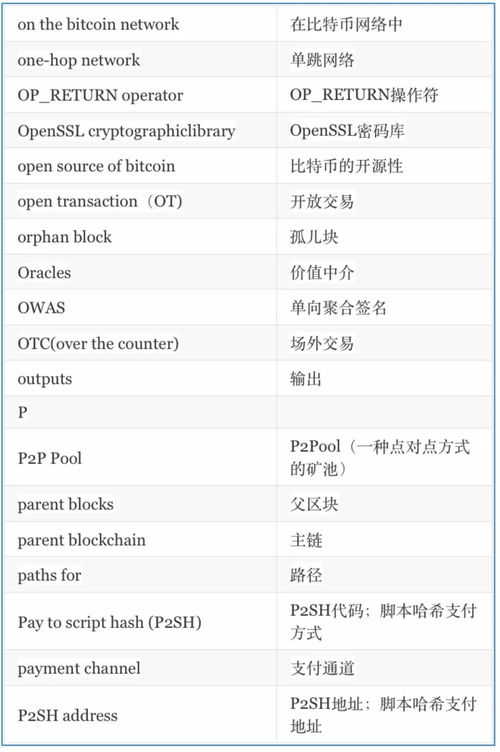
The rise of blockchain currency has had a profound impact on the financial industry:
Disruption of Traditional Banking: Blockchain currency challenges the traditional banking system by offering an alternative for transactions and storing value.
Innovation: The technology behind blockchain currency has spurred innovation in various sectors, including finance, supply chain, and healthcare.
Regulatory Challenges: Governments and regulatory bodies are grappling with how to regulate blockchain currency to protect consumers and prevent financial crimes.
Conclusion
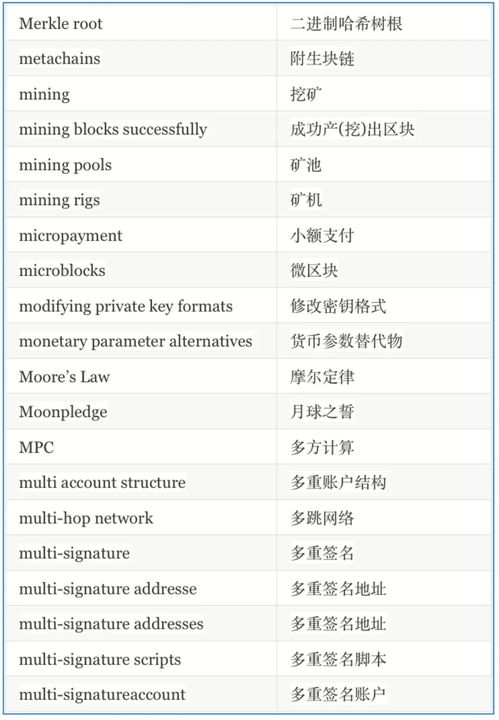
Blockchain currency represents a significant shift in the way we think about money and financial transactions. With its decentralized, secure, and transparent nature, blockchain currency has the potential to revolutionize the financial industry and provide new opportunities for individuals and businesses worldwide. As the technology continues to evolve, it will be interesting to see how blockchain currency will shape the future of finance.
Tags: BlockchainCurrency Cryptocurrency Bitcoin Decentralization FinancialInnovation BlockchainTechnology DigitalCurrency TransactionSecurity FinancialInclusion

